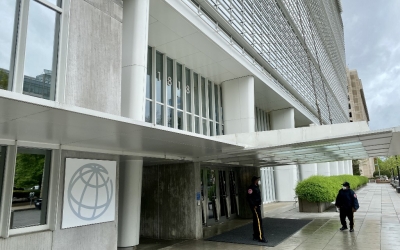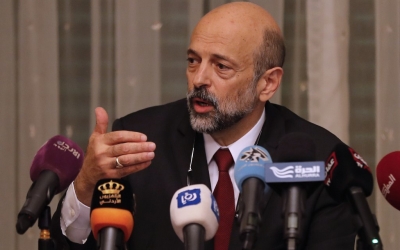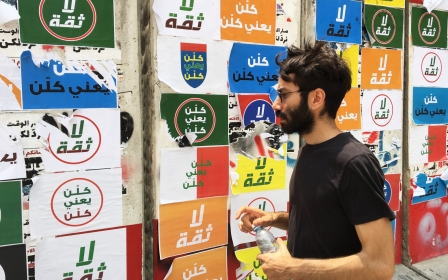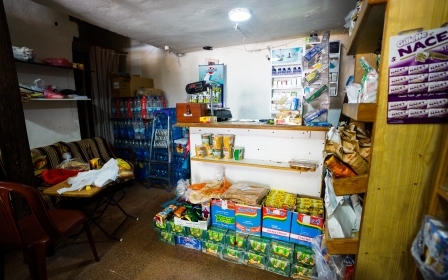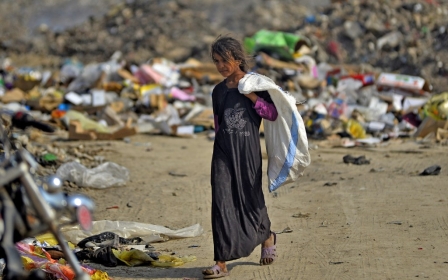Middle East states to snap up shares in European firms impacted by Covid-19 crisis: Report
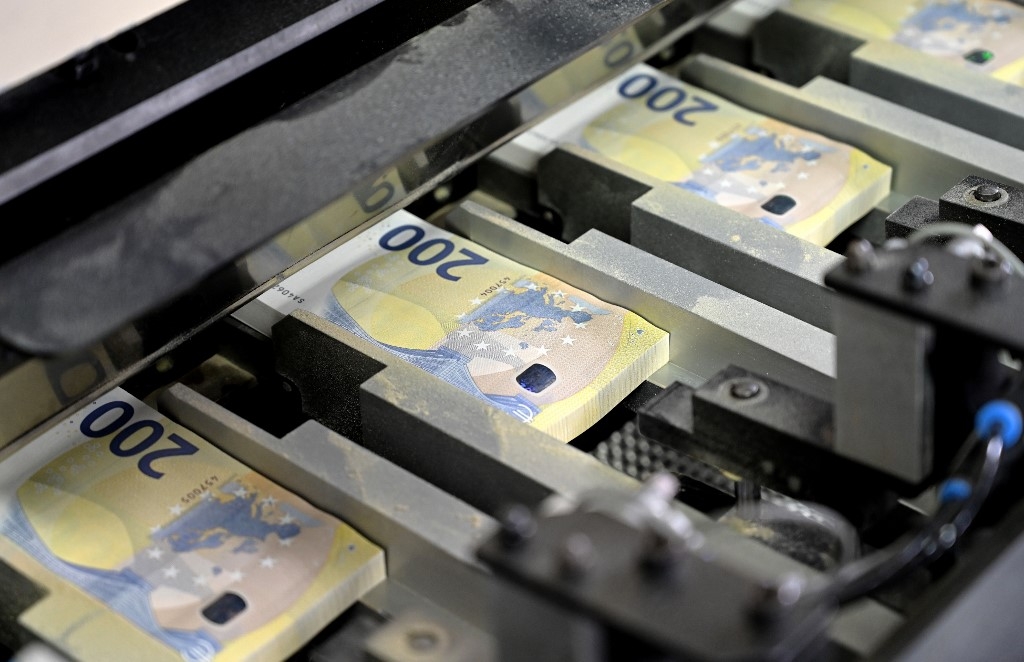
Nearly half of all state-owned sovereign wealth funds in the Middle East are planning to buy shares in European companies that have been adversely impacted by the coronavirus pandemic, a US-based investment management company has said.
Over the next year, around 43 percent of Middle Eastern investment funds plan to buy equities that have dropped in value, while 29 percent plan to cut those holdings, a study released by Invesco Ltd said on Monday, according to Bloomberg News.
Most of the funds are looking to use their cash reserves to capitalise on "unprecedented buying opportunities", Invesco said, with Europe a preferred destination for investors looking for bargains.
The focus on Europe follows investment patterns during the last global recession that paid off for investors, Invesco said in its 2020 Global Sovereign Asset Management Study.
"Many of the best-performing sovereigns of the past 10 years are those that ploughed into equity markets after the global financial crisis (GFC) of 2008," the company said.
In a statement, Zainab Kufaishi, head of Middle East and Africa at Invesco, said that just like in 2008, market turmoil in March and April caused by the coronavirus pandemic "saw asset prices fall considerably".
"Especially as some investors sold securities to ensure liquidity," Kufaishi said. "This presented opportunities to gain exposure to blue chip companies at very good prices."
This time around, regional funds are even more prepared to buy up lower-cost investments, because they had built up large cash reserves in recent years, Invesco said.
About 57 percent of funds plan to invest more in fixed income, 43 percent in infrastructure and 50 percent in private equity, Bloomberg reported, citing the report.
Negative GDP growth in Middle East
Due to the coronavirus, the International Monetary Fund (IMF) expects the global economy to contract 4.9 percent this year. The effects are predicted to cost a total of more than $12tn.
According to Invesco, Saudi Arabia's Public Investment Fund has been the most active during the pandemic - buying up billions of dollars' worth of stocks in companies such as BP, Boeing, Citigroup and Facebook.
While state-owned investment firms look to take advantage of low stock buys during the pandemic, the IMF's regional economic outlook has forecast negative GDP growth for almost all countries in the region. According to the group, Middle East economies are predicted to see the biggest slump in four decades.
Currently, over 35 percent of people in Lebanon are unemployed, while poverty has soared, affecting 45 percent of the population, according to official estimates. Meanwhile, Beirut is negotiating an IMF package it hopes will secure billions of dollars in financing to prop up its collapsing economy.
Jordan's cash-strapped economy is also struggling to get through the pandemic, with Prime Minister Omar al-Razzaz last week promising to deepen a crackdown on tax evasion that officials say has caused billions of dollars in lost revenue in recent years.
Iraq too is hurtling toward an economic crisis that could leave millions working in the public sector - or those dependent on pensions and benefits - unpaid. The loss of income would affect the majority of Iraqi households.
Egypt's national debt had been struggling long before the coronavirus pandemic, almost tripling since 2014, from about $112bn to about $321bn. Earlier this month, Egypt secured an additional $5.2bn loan from the IMF as it struggled through the pandemic.
In May, the Turkish lira hit a 20-month low amid the coronavirus crisis.
Middle East Eye delivers independent and unrivalled coverage and analysis of the Middle East, North Africa and beyond. To learn more about republishing this content and the associated fees, please fill out this form. More about MEE can be found here.


